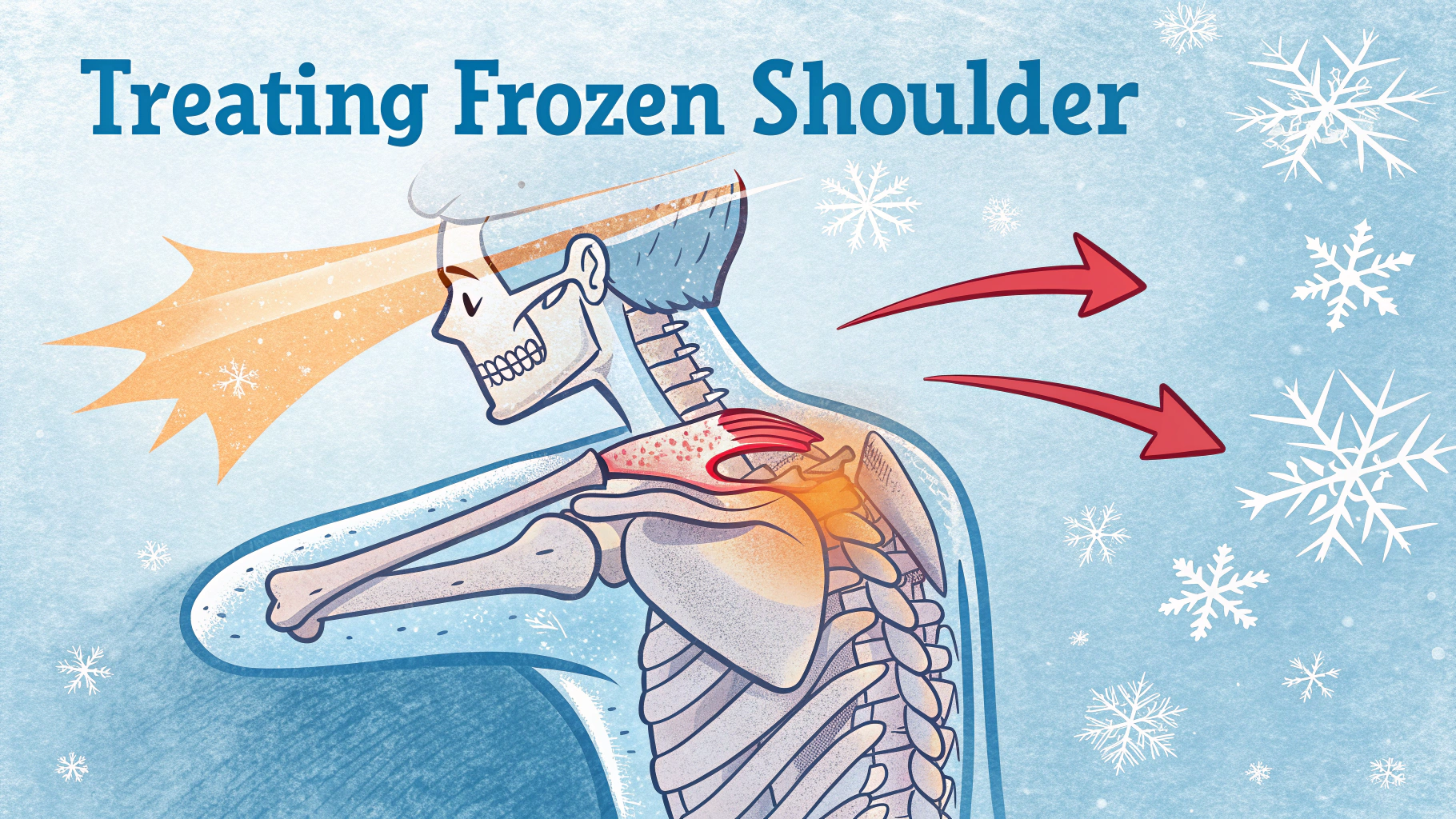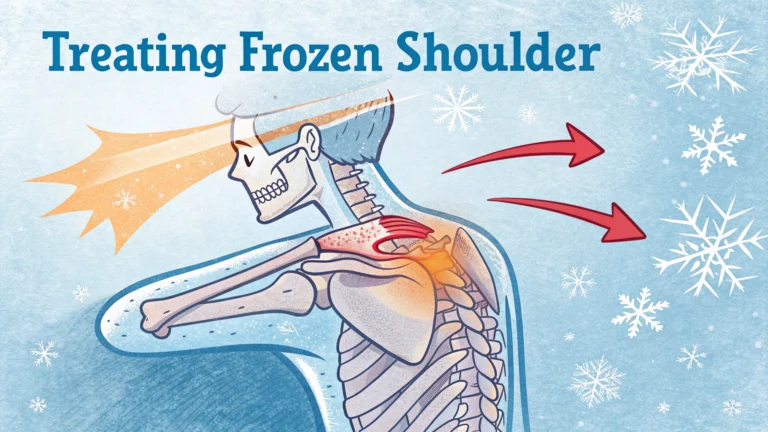Parents exploring alternative medicine options for their children often consider acupuncture as a gentle, non-pharmaceutical approach to various health concerns.
Research shows acupuncture can help children with conditions like chronic pain, migraines, anxiety, and digestive issues when performed by qualified practitioners.
This quick guide covers essential safety guidelines, benefits, and what parents should know before considering acupuncture treatment for their children.
Safety First: Finding a Qualified Pediatric Acupuncturist
Look for practitioners certified by the National Certification Commission for Acupuncture and Oriental Medicine (NCCAOM).
- Check state licensing requirements
- Verify specialized pediatric training
- Ask about experience treating children
- Request references from other parents
Age-Appropriate Treatment Methods
Children typically receive modified treatments compared to adults.
- Shorter needle retention time (5-10 minutes)
- Fewer needles used per session
- Thinner needles specifically designed for children
- Alternative techniques like acupressure for very young children
Common Childhood Conditions Treated
Condition
Treatment Approach
Allergies
Immune system support points
Digestive Issues
Gentle abdominal points
Anxiety
Calming points on ears and wrists
Sleep Problems
Relaxation points on legs and head
Preparing Your Child for Treatment
Schedule appointments during your child’s most alert and cooperative time of day.
- Bring favorite toys or books for comfort
- Arrive early to familiarize with the environment
- Ensure your child has eaten a light meal
- Wear loose, comfortable clothing
What to Expect During Sessions
Initial consultations typically last 45-60 minutes, with follow-up sessions around 30 minutes.
- Brief health history review
- Gentle physical examination
- Discussion of treatment goals
- Treatment demonstration on parent first
Treatment Frequency Guidelines
Condition Type
Recommended Schedule
Acute Issues
2-3 times per week initially
Chronic Conditions
Weekly sessions for 4-6 weeks
Maintenance
Monthly or as needed
Insurance and Cost Considerations
Contact your insurance provider to verify coverage for pediatric acupuncture treatments.
- Average session cost: $50-$150
- Many practitioners offer family packages
- Ask about sliding scale options
- HSA/FSA often accepted
Moving Forward with Treatment
Keep detailed records of your child’s response to treatments and any changes in symptoms or behavior.
For more information or to find certified pediatric acupuncturists in your area, contact the American Academy of Medical Acupuncture at (310) 379-8261 or visit medicalacupuncture.org.
Monitoring Treatment Progress
Regular assessment helps ensure optimal results from acupuncture treatment.
- Track symptom changes in a daily journal
- Note any changes in sleep patterns
- Document medication adjustments
- Record energy levels and mood shifts
Potential Side Effects
While generally safe, parents should be aware of possible minor reactions.
- Slight bruising at needle sites
- Temporary fatigue after treatment
- Mild soreness
- Changes in sleep patterns initially
When to Adjust Treatment Plans
Situation
Recommended Action
No improvement after 6 sessions
Review treatment approach
Rapid improvement
Adjust frequency as needed
New symptoms arise
Consult practitioner immediately
Building a Holistic Care Approach
Integrate acupuncture with other wellness practices for optimal results.
- Maintain regular sleep schedules
- Follow dietary recommendations
- Practice recommended exercises
- Continue prescribed medical treatments
Supporting Your Child’s Healing Journey
Success with pediatric acupuncture often depends on consistent treatment and open communication between parents, practitioners, and primary care providers. Regular monitoring and adjustments ensure the best possible outcomes for your child’s health and well-being.
Remember to celebrate small improvements and maintain realistic expectations about treatment timelines. With proper guidance and support, acupuncture can be a valuable tool in your child’s healthcare toolkit.
FAQs
- Is acupuncture safe for children?
Yes, acupuncture is safe for children when performed by a licensed and qualified practitioner who specializes in pediatric treatments. The needles used are very thin and sterile, and techniques are modified for children’s sensitivity. - At what age can children start receiving acupuncture?
Children can receive acupuncture at any age, but the approach varies. Babies and toddlers might receive non-needle techniques like acupressure, while older children can receive traditional needle acupuncture. - What conditions can pediatric acupuncture treat?
Pediatric acupuncture can help with allergies, asthma, digestive issues, anxiety, ADHD, headaches, sleep problems, chronic pain, and immune system support. - How long does a pediatric acupuncture session last?
Sessions typically last 20-30 minutes for children, shorter than adult sessions. The actual needle retention time is usually 10-15 minutes, depending on the child’s age and condition. - Does acupuncture hurt children?
Most children experience minimal to no discomfort. Pediatric acupuncturists use extra-thin needles and gentler techniques. Many children relax during treatment and some even fall asleep. - How many treatments will my child need?
Treatment frequency varies based on the condition. Acute conditions might require 4-6 sessions, while chronic conditions may need ongoing treatment. Your practitioner will create a specific treatment plan. - What certifications should I look for in a pediatric acupuncturist?
Look for practitioners with state licensure, NCCAOM certification, and specific training in pediatric acupuncture. Some may have additional certifications in pediatric Oriental medicine. - Should my child continue with conventional medical treatment while receiving acupuncture?
Yes, acupuncture works best as a complementary treatment. Always maintain your child’s regular medical care and inform both your pediatrician and acupuncturist about all treatments. - What should I do to prepare my child for an acupuncture session?
Have your child eat a light meal beforehand, wear loose comfortable clothing, and explain the process in age-appropriate terms. Many practitioners allow a pre-treatment visit to familiarize children with the environment. - Are there any side effects of pediatric acupuncture?
Side effects are minimal but may include slight bruising or mild soreness at needle sites. Serious adverse effects are extremely rare when treatment is performed by a qualified practitioner.
Author: AcupunctureMy
Related Posts
Acupuncture Research Standards
Research Corner
|
methodology, science
Research standards in acupuncture have evolved significantly over the past decades to ensure reliable, evidence-based results that can be replicated across different studies. The integration of modern scientific methods with ... Read more
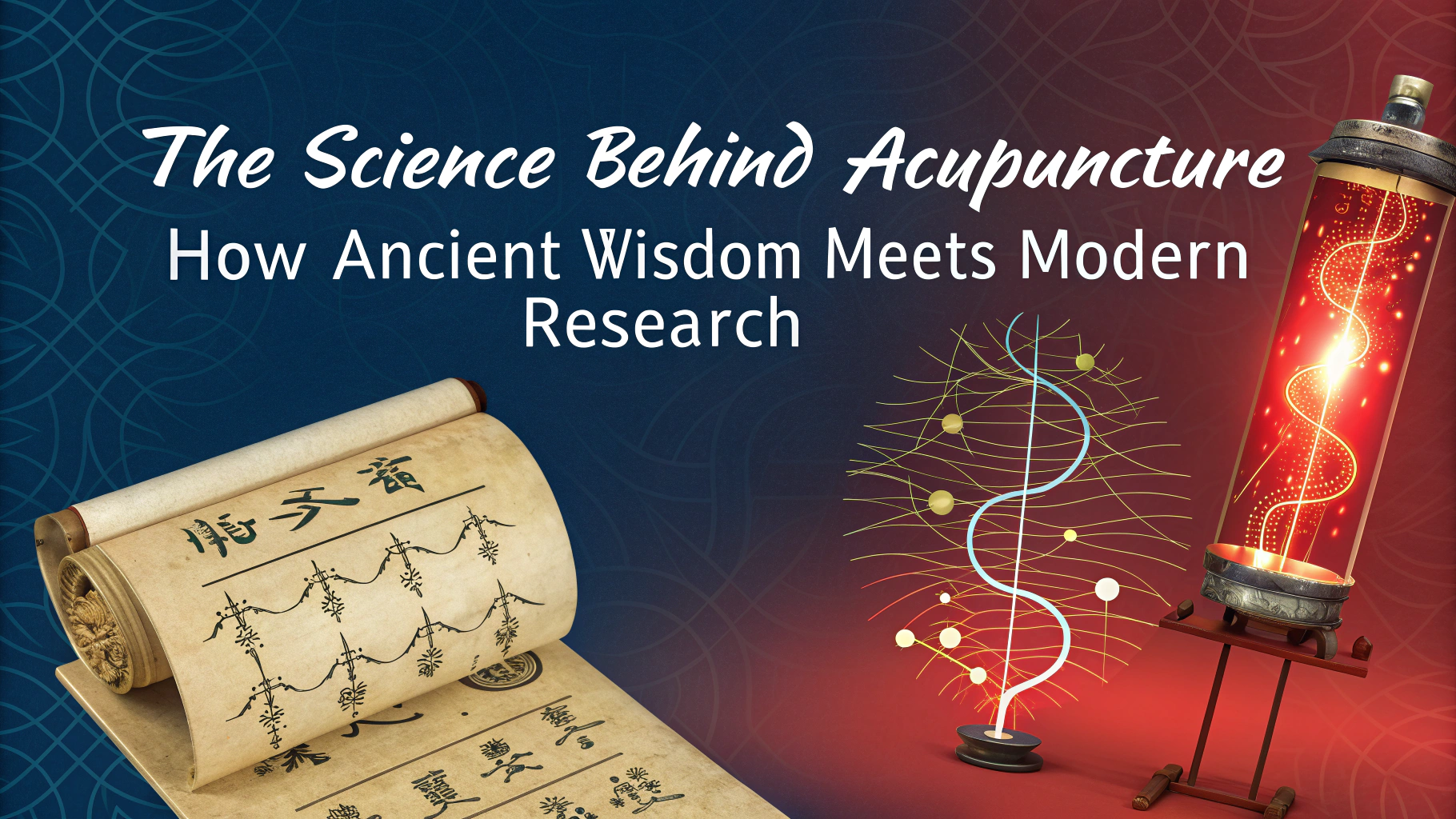
Understanding Treatment Duration
Treatment Guides
|
expectations, planning
The length of an acupuncture treatment plan varies significantly based on individual health conditions and treatment goals. A typical acupuncture session lasts between 30-60 minutes, with the needles remaining in ... Read more
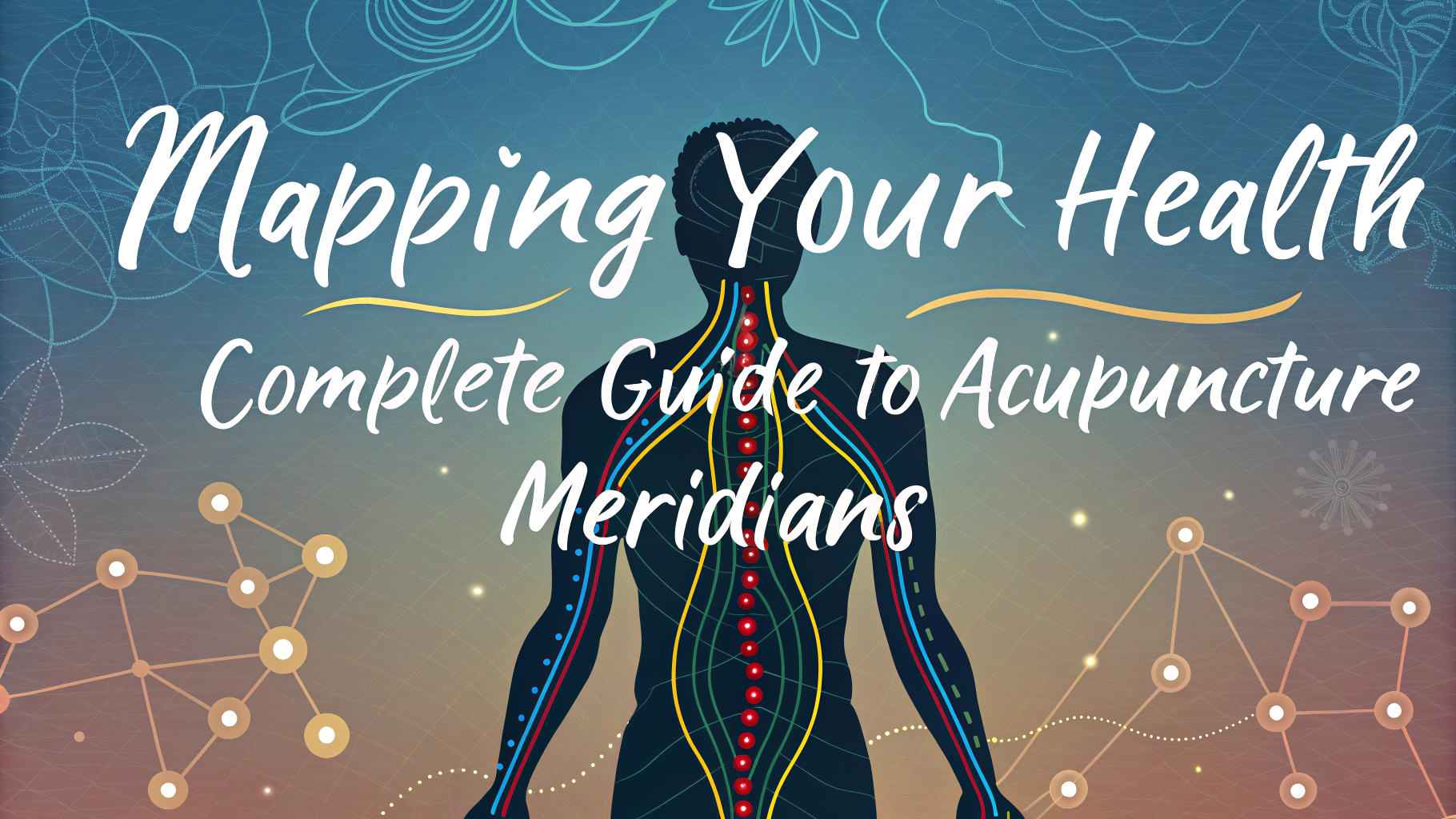
Traditional Chinese Medicine Weather Theory
Fundamentals
|
environment, health
Traditional Chinese Medicine (TCM) recognizes intricate connections between weather patterns and human health, developing sophisticated frameworks for understanding these relationships over thousands of years. Weather changes can significantly impact our ... Read more
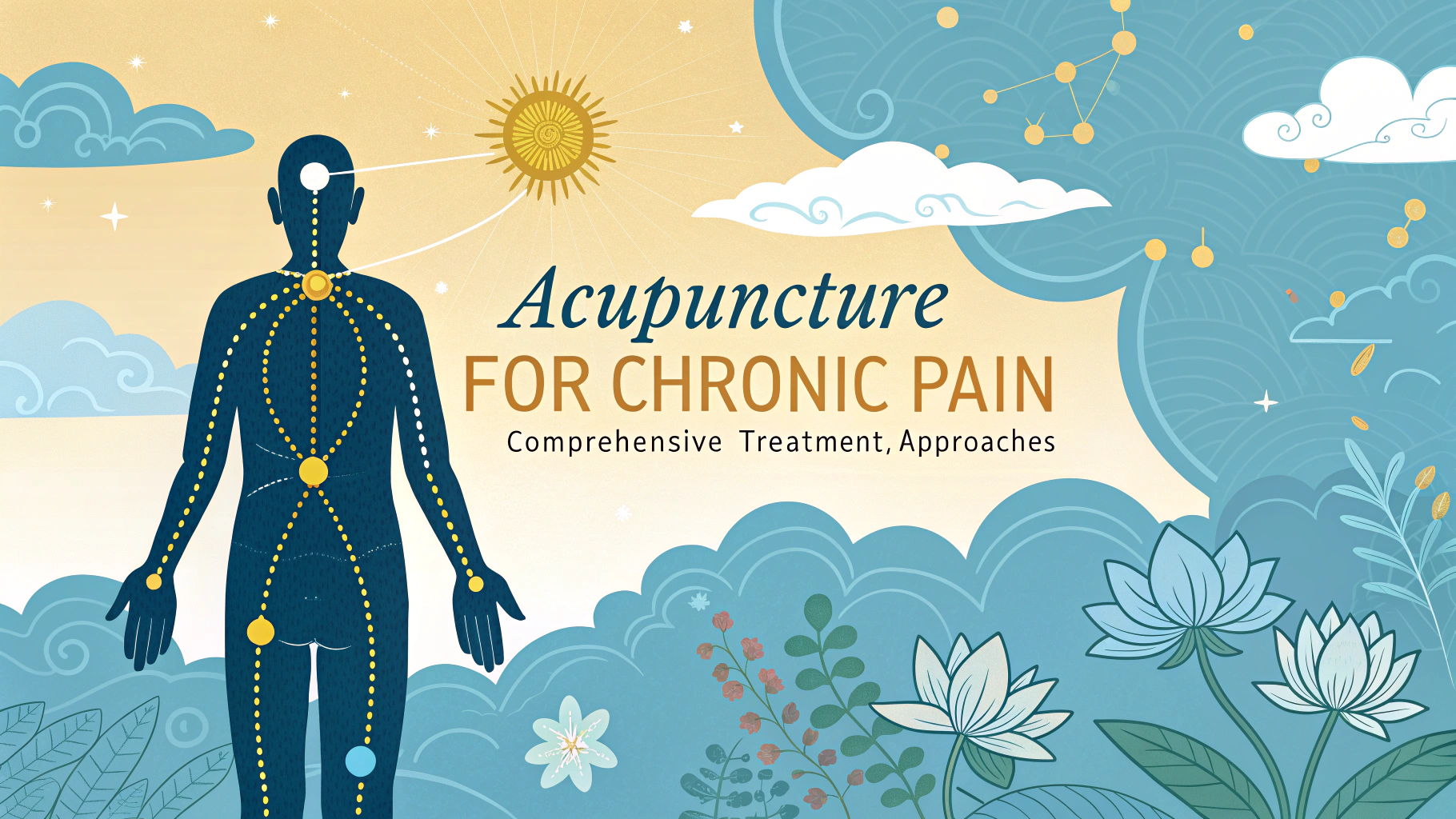
Acupuncture for Sinus Health
Conditions Treated
|
allergies, respiratory
Acupuncture offers a time-tested approach to managing sinus problems by targeting specific pressure points that can help relieve congestion, reduce inflammation, and restore proper sinus function. Traditional Chinese Medicine views ... Read more
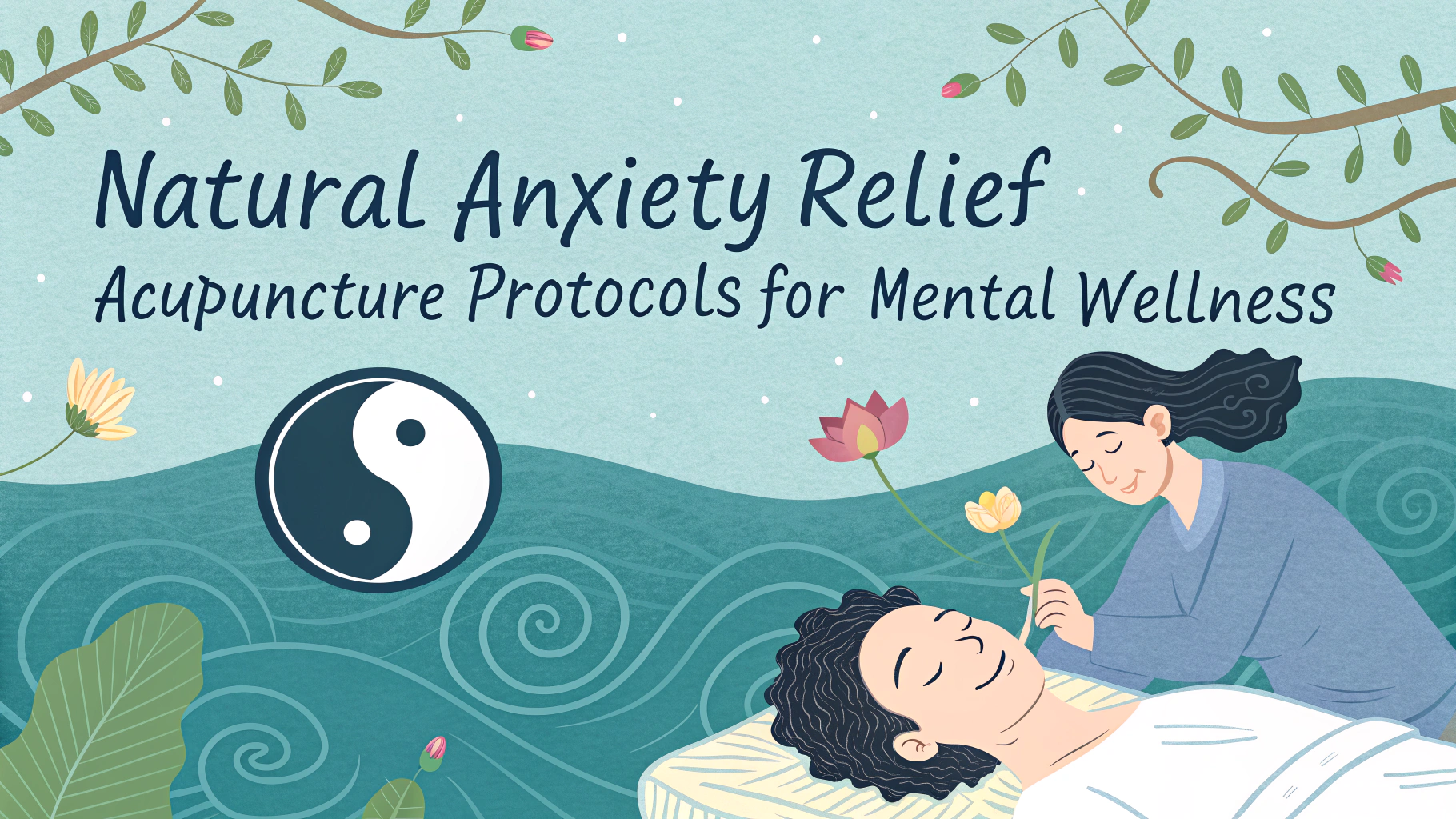
Understanding Point Selection
Fundamentals
|
technique, theory
Point selection stands as one of the most important aspects of effective acupuncture treatment. Skilled practitioners combine traditional wisdom with modern understanding to identify the optimal points for each patient’s ... Read more
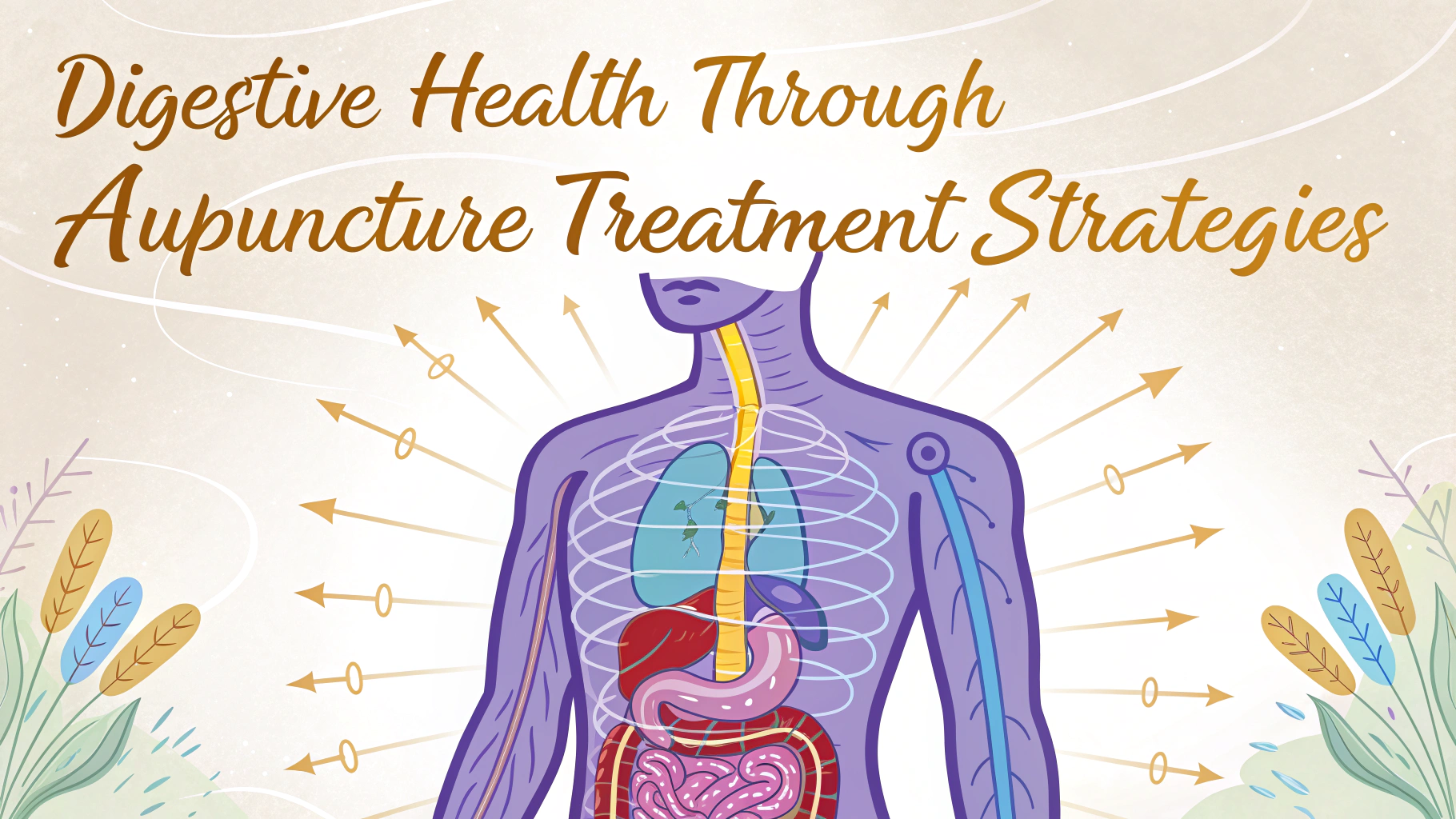
Treating Computer-Related Pain
Conditions Treated
|
ergonomics, pain
Computer-related pain affects millions of people who spend long hours working at their desks. Acupuncture offers a natural, effective treatment option for various musculoskeletal issues that develop from prolonged computer ... Read more

Acupuncture for Lymphatic Health
Conditions Treated
|
circulation, immunity
Acupuncture offers a time-tested approach to supporting lymphatic health through strategic needle placement and gentle stimulation techniques. This ancient Chinese medicine practice helps activate lymph flow, reduce swelling, and enhance ... Read more
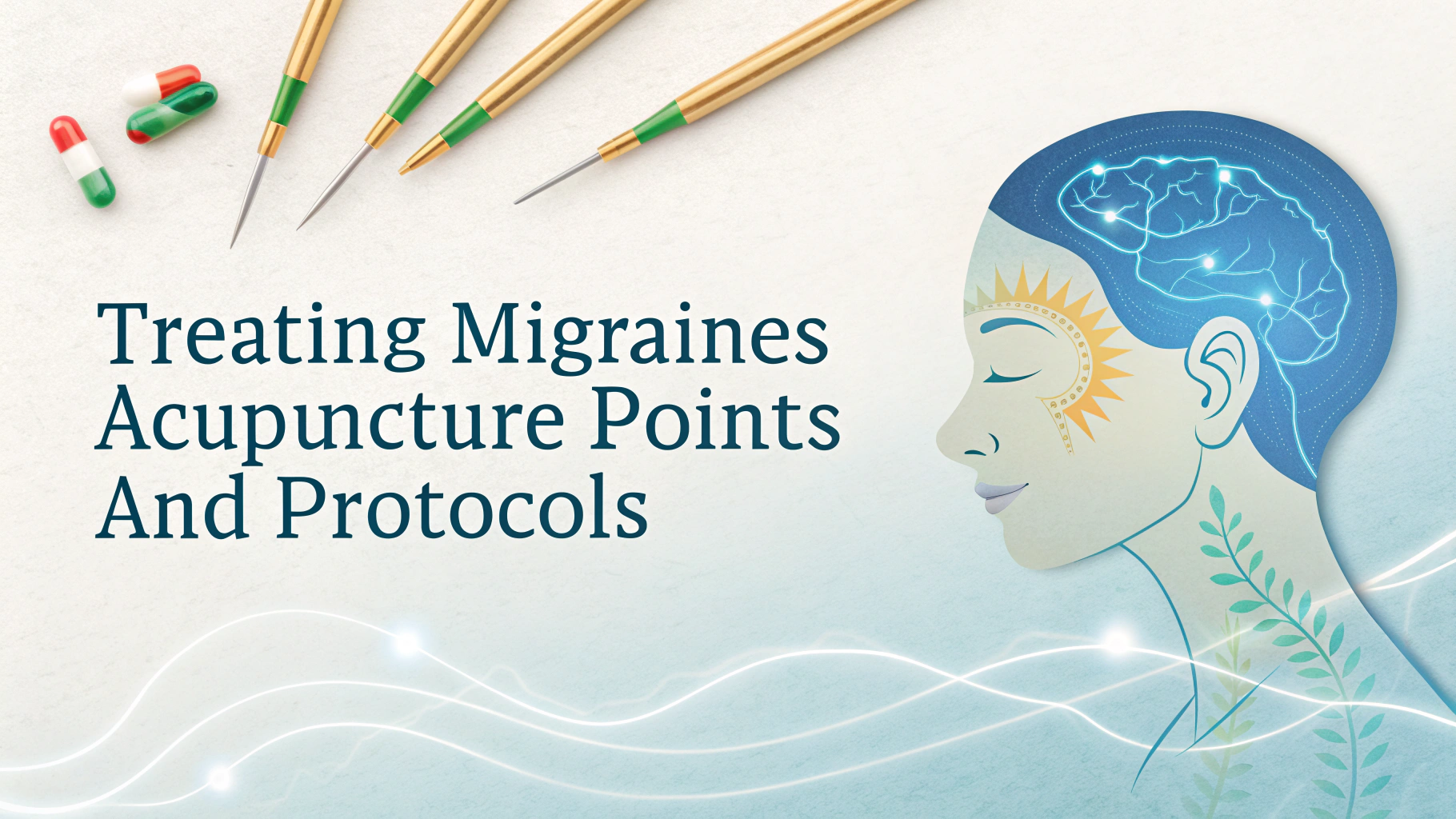
Understanding Treatment Intervals
Treatment Guides
|
frequency, scheduling
Treatment intervals for acupuncture can significantly impact the effectiveness of your healing journey. The frequency of acupuncture sessions depends on your specific health condition, severity of symptoms, and overall treatment ... Read more
